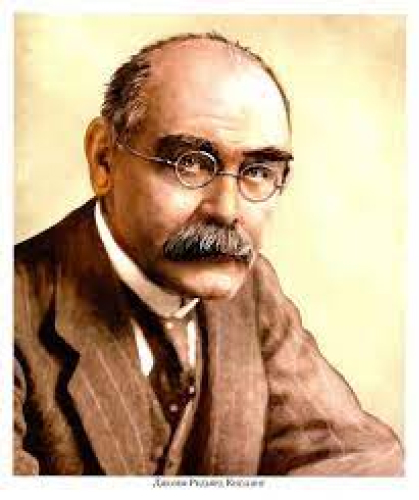It so happened that our morning literary salon took place on the birthday of the great Russian bard, poet, and actor Vladimir Vysotsky.
Therefore, it was not surprising that we started our meeting with his works.

Детям вечно досаден
Их возраст и быт —
И дрались мы до ссадин,
До смертных обид,
Но одежды латали
Нам матери в срок,
Мы же книги глотали,
Пьянея от строк.
(«Баллада о борьбе» В. Высоцкий)
He was a controversial poet. His works still provoke debates: some love them, others do not understand. He was envied during his lifetime, and some predicted his soon-to-be forgotten, but “my hoarse tape recorder is being loved by the country.”
Some attribute this line to Vysotsky himself, claiming he wrote it two days before his death. Others attribute it to Yuriy Fedorov, suggesting he didn’t sign it only to avoid persecution. Nevertheless, they fit very well with Vysotsky’s style. Judge for yourself.
Спасибо друг, что посетил
Последний мой приют.
Постой один среди могил,
Почувствуй бег минут.
Ты помнишь, как я петь любил,
Так распирало грудь,
Теперь ни голоса, ни сил,
Чтоб губы разомкнуть.
И воскресают, словно сон,
Былые времена,
И в хриплый мой магнитофон
Влюбляется страна.
Я пел, и грезил, и творил —
Я многое успел,
Какую женщину любил!
Каких друзей имел!
Прощай, Таганка и кино!
Прощай, зеленый мир!
В могиле страшно и темно,
Вода течет из дыр.
Спасибо, друг, что посетил
Приют печальный мой.
Мы здесь все узники могил,
А ты — один живой.
За все, чем дышишь и живешь,
Зубами, брат, держись,
Когда умрешь, тогда поймешь,
Какая штука — жизнь…
Прощай! Себя я пережил
В кассете «Маяка».
И песни, что для вас сложил,
Переживут века!
From globally renowned and beloved poets like Boris Pasternak, Veronika Tushnova, Alexander Blok, Alexander Pushkin, Mikhail Lermontov, and so on, we transitioned to the works of Brigitte Merle. Brigitte is French, having spent most of her life in Belgium. Her native language is French, but she simply loves Russian. I have already dedicated a literary blog to her poetry and plan to do so again in the near future.
Natalia proposed an interesting topic. Initially, she talked about the literary “polemic” between Pasternak and Kipling, and then she suggested that we compare several translations of Kipling’s poem “If.” Now, I propose that you do the same. Of course, not the entire poem, but only its last stanza.
If you can talk with crowds and keep your virtue,
Or walk with Kings — nor lose the common touch,
If neither foes nor loving friends can hurt you,
If all men count with you, but none too much;
If you can fill the unforgiving minute
With sixty seconds’ worth of distance run,
Yours is the Earth and everything that’s in it,
And — which is more — you’ll be a Man, my son!

Если сможешь
Идя с толпой, умей не слиться с нею,
Останься прям, служа при королях.
Ничьим речам не дай звучать слышнее,
Чем голос истины в твоих ушах.
Свой каждый миг сумей прожить во славу
Далекой цели, блещущей с вершин.
Сумеешь — и Земля твоя по праву,
И, что важней, ты Человек, мой сын!
Перевод А. Грибанова
Если…
И если можешь быть в толпе собою,
При короле с народом связь хранить
И, уважая мнение любое,
Главы перед молвою не клонить,
И если будешь мерить расстоянье
Секундами, пускаясь в дальний бег, –
Земля – твоё, мой мальчик, достоянье!
И более того, ты – человек!
Перевод С.Маршака
Заповедь
Останься прост, беседуя с царями,
Останься честен, говоря с толпой;
Будь прям и тверд с врагами и с друзьями,
Пусть все, в свой час, считаются с тобой;
Наполни смыслом каждое мгновенье,
Часов и дней неумолимый бег,–
Тогда весь мир ты примешь, как владенье,
Тогда, мой сын, ты будешь Человек!
Перевод М. Лозинского
As usual, time flew by in the blink of an eye. We didn’t want to part ways. New and new lines kept resurfacing in memory.
For the next literary salon, we decided to delve into Nabokov, especially since he also has poetry. If you’re not yet familiar with his work, or only know it a little, come to the library and be sure to attend our literary salon.


